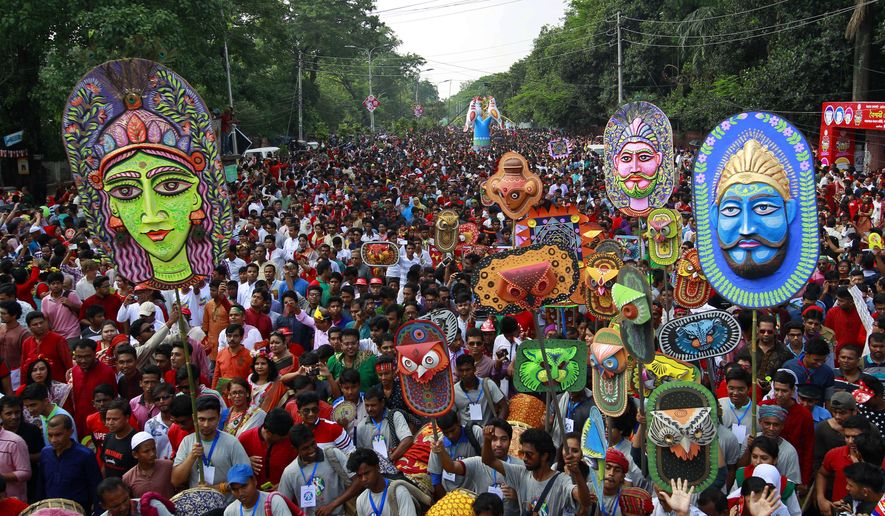OPINION:
If you read the recent news about the hacking of Bangladesh’s account at the New York Federal Reserve Bank, you might get the wrong impression that Bangladesh is a digitally unsophisticated country.
Nothing could be further from the truth.
The hack was regrettable and Bangladesh and international authorities are working to recover the stolen money and arrest the hackers. But Bangladesh was targeted by hackers precisely because it is digitizing so rapidly and so broadly.
Bangladesh’s digital growth – like much of the development in its short 45-year history – has come at light-speed. It’s already moving into second-generation digital systems, which are faster, easier-to-use and better protected. That’s the good news. The downside is that the remaining first-generation systems become easier targets for hackers. Upgrading those is part of ongoing work.
How rapidly is Bangladesh’s digitization happening? Only 0.3 percent of Bangladesh’s citizens were accessing government services digitally in 2008 when a far-reaching program called Digital Bangladesh program to bring government services directly to Bangladeshis was rolled out. Today, that figure is 35 percent and rising.
Digital Bangladesh, launched by Prime Minister Sheikh Hasina, aims to touch citizens from every socio-economic level. Many Bangladeshis do not have access to desktop computers or internet in their homes, but 95 percent have access to mobile devices. The aim of Digital Bangladesh is to meet citizens where they are and bring government services to their doors. In the process, , democratic participation and government transparency increase by leaps and bounds.
In 2009, total exports of information and communications technology from Bangladesh was only $26 million. Now, it’s more than $300 million a year.
The garment industry still dominates Bangladesh’s economy. But relying on one industry is bad business. So over the next two years, Bangladesh plans to train 75,000 Information Technology professionals in an effort to become a global player in high tech.
Signs of digitization are everywhere. The government has built more than 5,500 Digital Service Centers throughout the country, one within walking distance of every village. A 231-acre business park is being built outside Dhaka to entice high-tech businesses to the capital. Last year, Bangladesh opened a 60,000-square-foot software technology park, the first of seven such parks planned. The government is installing digital data centers around the country and has set up an incubator program for information and communications technology. It also intends to set up multimedia and digital classrooms and computer labs in each of the country’s 170,000 educational institutions.
Zunaid Ahmed Palak, State Minister for Information and Communications Technology, has said that the U.S. and Europe will need two million programmers over the next 20 years and that Bangladesh alone will require several hundred thousand. The aim of these new programs is to transform Bangladesh from a labor-reliant economy into a digital one.
Bangladesh’s private-sector information technology industry is moving ahead rapidly. The 2013 documentary, “Startup Dhaka,” spotlighted the country’s entrepreneurs and booming startup scene. These are countless examples.
Tripooly is a one-stop shop for travelers in Bangladesh. Lightcastle Data allows companies to conduct consumer research in real time. Let’s Eat! is a restaurant directory. BongoBD is a video streaming service for Bangla movies and videos. Chalo is a mobile app that provides on-demand car services, one of many such transportation startups in Bangladesh. Perhaps the best-known of Bangladesh’s startups is Chaldal, a food-delivery service backed by Y Combinator, the famous U.S.-based seed capital firm. Many of the startups are led by women, such as Maya, which answers user questions about maternal health and other topics of interest to women.
Bangladesh’s success has marked it as a target for hackers, but it also makes it a desirable investment destination for foreign capital, a magnet for the best minds and one of the biggest untold tech stories of the early 21st century.
Sajeeb Wazed is Bangladesh’s chief IT adviser and the son of Prime Minister Sheikh Hasina.




Please read our comment policy before commenting.